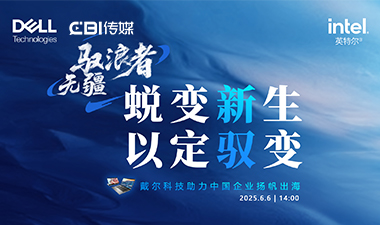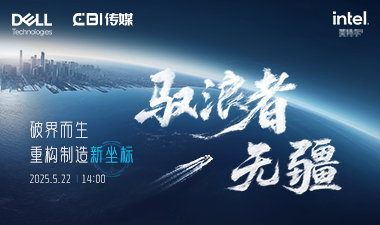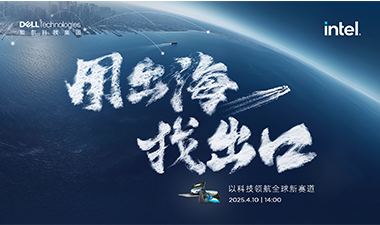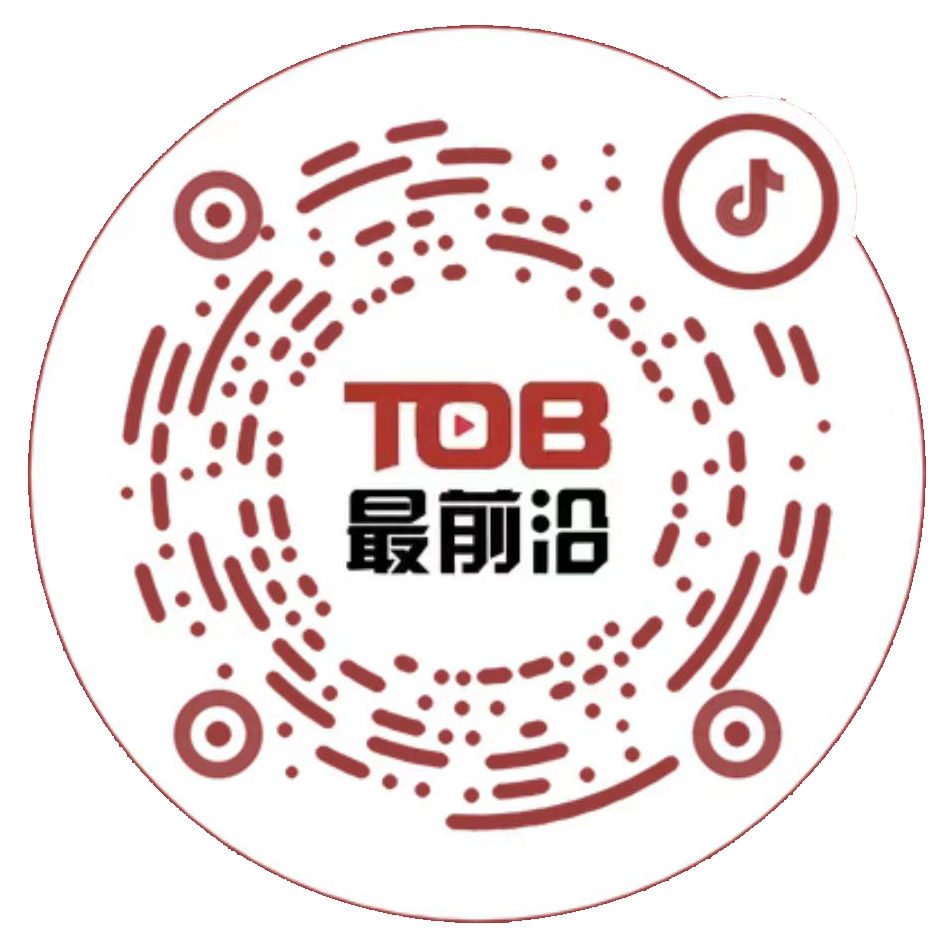Intel总裁说Wi-Fi下一波
作者:
责任编辑:
阚智
来源:
《电脑商情报》
时间:2003-06-11 04:15
关键字:
英特尔 Wi-Fi 无线
High-speed wireless Internet access, or Wi-Fi, will change the way people use computers, Intel Corp.'s president and chief operating officer Paul Otellini said Monday.
"Wi-Fi to my mind is the next big thing, it's the most exciting thing," Otellini told a gathering of business and technology leaders during his first visit to India.
"Cell phones changed the way we communicated. Wi-Fi will change the way we compute," he said, but warned India's technological growth would be stunted if it does not speed up adoption of this new technology.
"India could potentially lose momentum as it strives to move forward using IT (information technology) to enhance standard of living," he said.
Wi-Fi, or wireless (news - web sites) fidelity technology, allows users to surf the Internet on laptop computers or mobile phones without wires when they are near a base station ? called a hotspot.
Such wireless zones or hotspots have been set up in the United States in airports, coffee shops and malls with some 10,000 hotspots in Manhattan alone. India has just about 100 hotspots in hotels and in office blocks of leading software companies.
"India has among the lowest level of hotspot deployment in Asia Pacific, with less than 10 percent of the number found in China and just 1 percent of the hotspot deployment in Korea," Otellini said.
"The benefits of wireless computing and communications will enable India to develop as a leader in the global IT economy," he told the gathering in Bombay, India's financial capital.
He said the base camp at Mount Everest (news - web sites), the world's highest peak, was wirelessly enabled a couple of weeks ago.
"We called it the world's coolest hotspot and this was the first time people at base camp could access weather information and send photos to their family and friends," he said.
Otellini is on a two-day visit to India and will visit Bangalore ? the country's technology hub ? on Tuesday.
India is Intel's largest non-manufacturing site outside the United States ? with some 1,100 staff engaged in designing software and hardware chip and its marketing in the country.
Intel plans to hire up to 3,000 people in India by 2005, Otellini said, but gave no other details about future investments here.
"Wi-Fi to my mind is the next big thing, it's the most exciting thing," Otellini told a gathering of business and technology leaders during his first visit to India.
"Cell phones changed the way we communicated. Wi-Fi will change the way we compute," he said, but warned India's technological growth would be stunted if it does not speed up adoption of this new technology.
"India could potentially lose momentum as it strives to move forward using IT (information technology) to enhance standard of living," he said.
Wi-Fi, or wireless (news - web sites) fidelity technology, allows users to surf the Internet on laptop computers or mobile phones without wires when they are near a base station ? called a hotspot.
Such wireless zones or hotspots have been set up in the United States in airports, coffee shops and malls with some 10,000 hotspots in Manhattan alone. India has just about 100 hotspots in hotels and in office blocks of leading software companies.
"India has among the lowest level of hotspot deployment in Asia Pacific, with less than 10 percent of the number found in China and just 1 percent of the hotspot deployment in Korea," Otellini said.
"The benefits of wireless computing and communications will enable India to develop as a leader in the global IT economy," he told the gathering in Bombay, India's financial capital.
He said the base camp at Mount Everest (news - web sites), the world's highest peak, was wirelessly enabled a couple of weeks ago.
"We called it the world's coolest hotspot and this was the first time people at base camp could access weather information and send photos to their family and friends," he said.
Otellini is on a two-day visit to India and will visit Bangalore ? the country's technology hub ? on Tuesday.
India is Intel's largest non-manufacturing site outside the United States ? with some 1,100 staff engaged in designing software and hardware chip and its marketing in the country.
Intel plans to hire up to 3,000 people in India by 2005, Otellini said, but gave no other details about future investments here.










